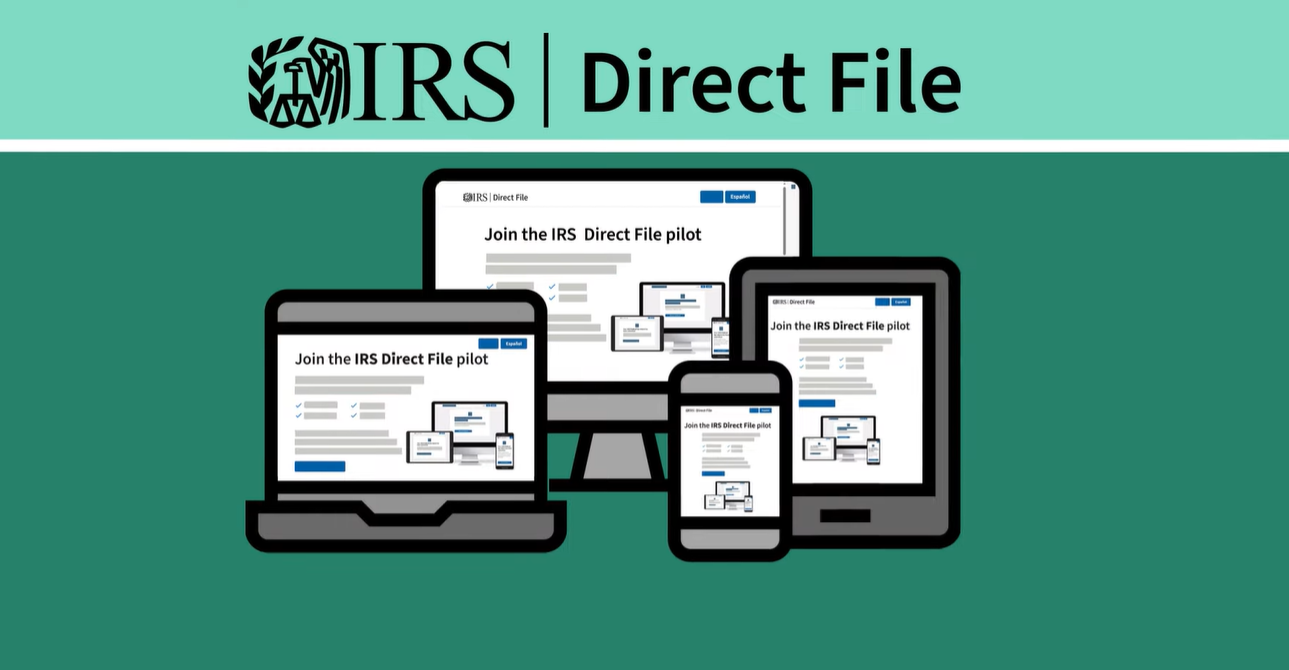Starting in 2024, New Jersey residents will have access to a new, user-friendly way to file their federal tax returns. The program, called IRS Direct File, is an initiative aimed at simplifying the tax filing process, reducing costs, and improving efficiency.
What is IRS Direct File?
First tested in 12 states during the 2023 tax season, IRS Direct File has been expanded to include New Jersey for the upcoming tax filing season, which begins on January 27, 2024. More than 1.3 million New Jersey taxpayers are eligible to use this service.
Governor Phil Murphy, who announced the state’s participation in July, described Direct File as an easier and more affordable option compared to traditional tax filing services.
Eligibility Criteria
Taxpayers can visit directfile.irs.gov/state and select New Jersey to check their eligibility. Here are some key points about who can use this tool:
General Requirements:
- You must have lived in New Jersey for the entire year.
- All your income must have been earned within New Jersey in 2024.
- You must use the same filing status (e.g., Single, Married Filing Jointly) for both federal and state returns.
- You must take the standard deduction, which is used by about 90% of taxpayers. Direct File does not support itemized deductions.
Income Rules
Direct File supports common types of income, including:
- Wages and salaries (reported on Form W-2).
- Unemployment compensation (Form 1099-G).
- Social Security benefits (Form SSA-1099).
- Interest income (Form 1099-INT).
- Distributions from Health Savings Accounts for qualified medical expenses (Form 1099-SA).
However, some income types are excluded. For example, you cannot use Direct File if you had:
- Unreported cash income, such as tips or alimony.
- Income from gig work or other sources that require additional tax forms.
Income thresholds also apply:
- Individual wages must not exceed $200,000 (or $168,600 if you had multiple employers).
- Couples filing jointly must have combined wages of $250,000 or less.
Savings and Retirement Accounts
If you have savings or retirement accounts, the following rules apply:
Eligible Accounts:
- Savings accounts, checking accounts, and Treasury obligations with earned interest.
- Health Savings Accounts (HSAs) used exclusively for medical expenses with no contribution limit changes.
- Flexible Spending Accounts (FSAs).
Ineligible Accounts:
- HSAs where contribution limits changed due to marital or insurance status.
- Medical Savings Accounts (MSAs).
- Contributions or distributions from Individual Retirement Accounts (IRAs) (except for direct rollovers).
A significant update is expected in March 2025, when Direct File will begin supporting retirement distributions (Form 1099-R) from most common retirement plans.
Tax Credits Supported
Direct File can help you claim several tax credits, including:
- Child Tax Credit.
- Earned Income Tax Credit (EITC).
- Saver’s Credit for retirement contributions.
- Premium Tax Credit for health insurance.
- Credit for the Elderly or Disabled.
However, it does not support credits related to:
- Higher education expenses, such as college tuition or student loans.
- Energy-efficient home improvements.
- Adoption expenses.
Stay Updated
To ensure you’re ready when IRS Direct File becomes available, you can sign up for email notifications through the IRS website: IRS Updates.
By offering an accessible, cost-effective way to file taxes, IRS Direct File is set to benefit many New Jersey residents. If you meet the eligibility criteria, this program might be the simplest way to handle your taxes this year.
Disclaimer – Our team has carefully fact-checked this article to make sure it’s accurate and free from any misinformation. We’re dedicated to keeping our content honest and reliable for our readers.







